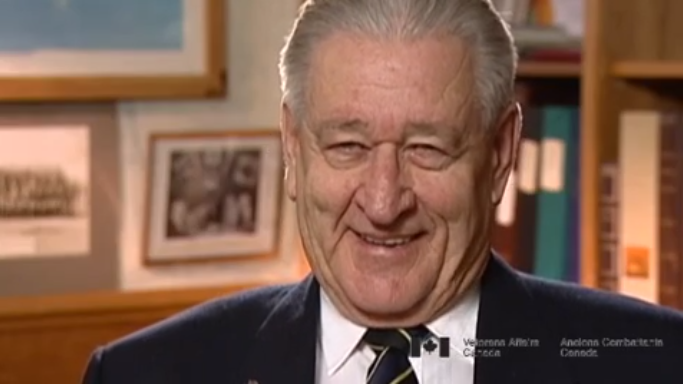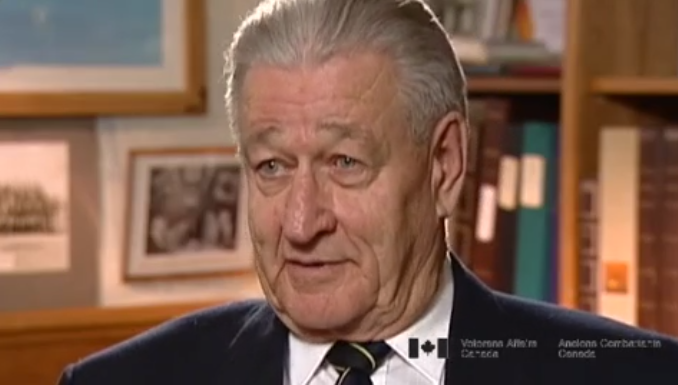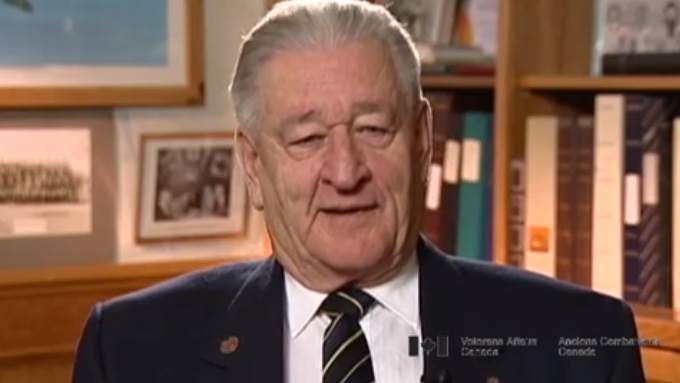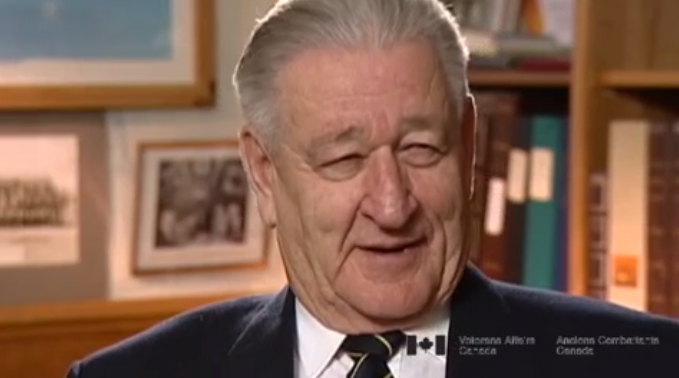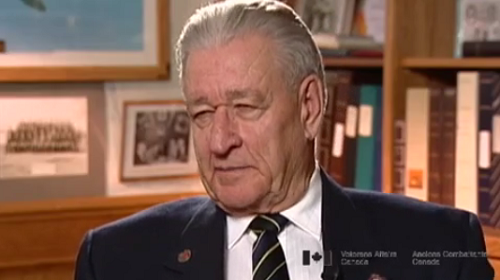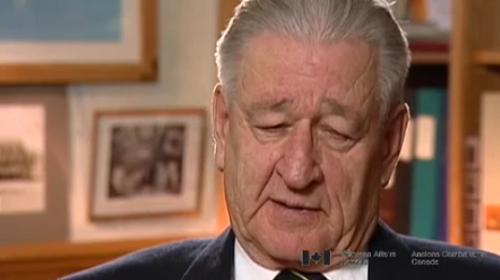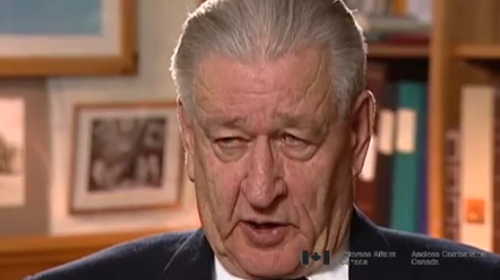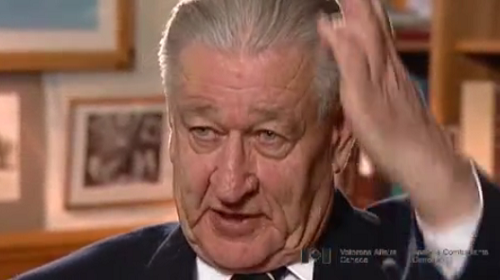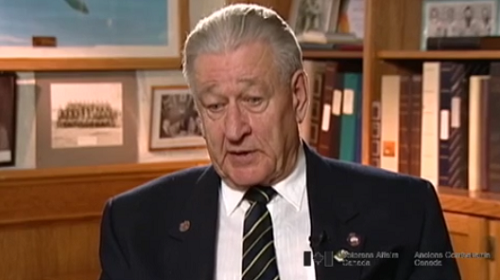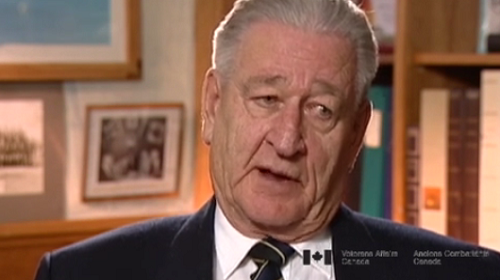North Korea’s Psychological Warfare
Heroes Remember
North Korea’s Psychological Warfare
Transcript
Life in the trenches was a, it was a situation
where you had a stand-to, stand-to method.
You occupied your trench and you were
prepared to do whatever you had to do if an
attack occurred. And, that was why
you were there. The enemy knew exactly
where we were and they had the ability to
shell us at will or whenever they chose,
and they did. But they never shelled us to
the point where, where they totally obliterated
that whole system that we had set up.
I often wondered why they didn't.
They could have. It wasn't because they
didn't have the wherewithal to do that.
They could have. But they shelled us to
the point that we were continually on edge
and I think it's Oriental torture tricks that
they were pulling on us. It sounds like
the water drip system that they used.
But it, they, yeah, we were always on edge.
You had to be. At night you would...
I remember the first week on,
the second week on The Hook.
It was the first position we occupied.
This young fellow from Nova Scotia,
he was having a bad time.
He couldn't handle this situation at all and
every noise that he heard was a Chinaman.
There was Chinese in the wire.
He could, and it was getting worse and
pretty soon he was seeing them up in trees.
There wasn't a tree big enough to hold a
squirrel hardly around there let alone a
Chinaman, but they're in there,
he could see them.
And this morning I went to our NCO and I
told him, I said, this guy's going to break up.
And we stood down, Alfred went to his
bunker and we heard a shot and
he'd shot himself in the foot so he
went home, but he had totally collapsed,
like he totally broke down.
He was, he was crying and that's
before he went to his bunker,
and they shouldn't have,
should never have let him go
by himself but they did.
And it wasn't that kid's fault. He tried.
You know there was a time when he
would've been shot instead of discharged
so maybe we made some progress,
I don't know. This trench situation,
it's hard on the nerves, extremely.
I would sooner, far sooner been out
in the valley on a patrol than standing
all night in the frigging slit trench...
waiting and listening.
Description
Mr. Ferguson describes North Korea’s efforts to unnerve Canadian entrenchments, and offers a vivid example of its success.
Luther Ferguson
Luther Ferguson was born in Mayview, Saskatchewan on October 23, 1933. He describes himself as being “unworldly, poorly educated and having low self-esteem.” Mr. Ferguson felt that the Army offered him the best opportunity to both further his education and improve his life. He enlisted in 1951, and soon found himself a combatant in the Korean War, where he served in the infantry. Mr. Ferguson’s accounts lean heavily on the psychological impacts of training and warfare, and the devastation experienced by the civilian population during the Korean conflict.
Meta Data
- Medium:
- Video
- Owner:
- Veterans Affairs Canada
- Duration:
- 3:24
- Person Interviewed:
- Luther Ferguson
- War, Conflict or Mission:
- Korean War
- Battle/Campaign:
- Hill 187
- Branch:
- Army
- Units/Ship:
- Royal Canadian Regiment
- Rank:
- Private
- Occupation:
- Infantryman
Related Videos
- Date modified:



